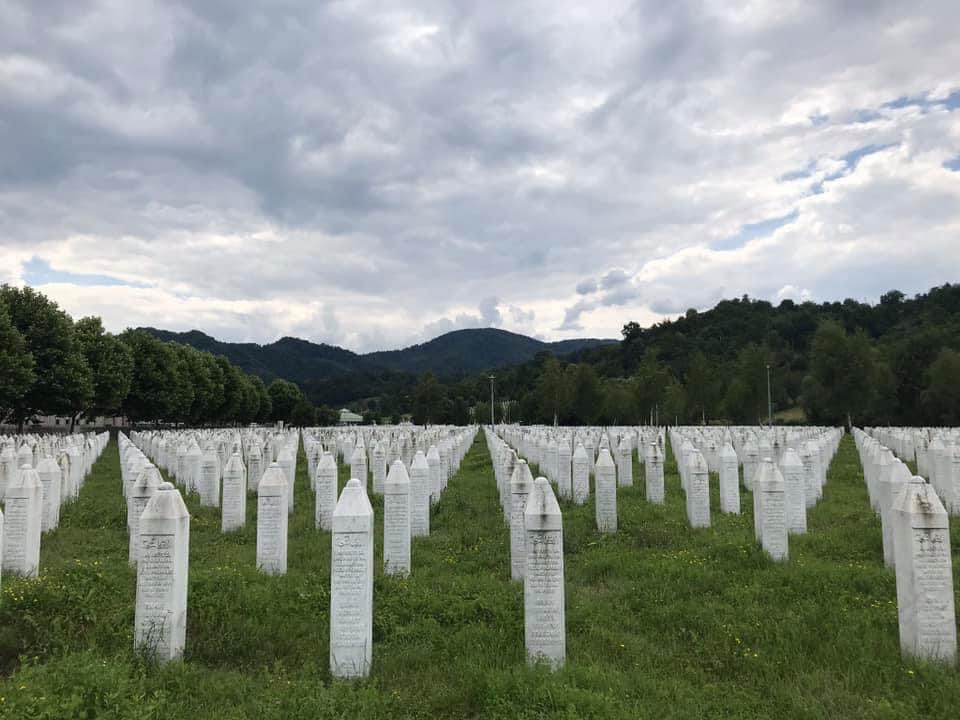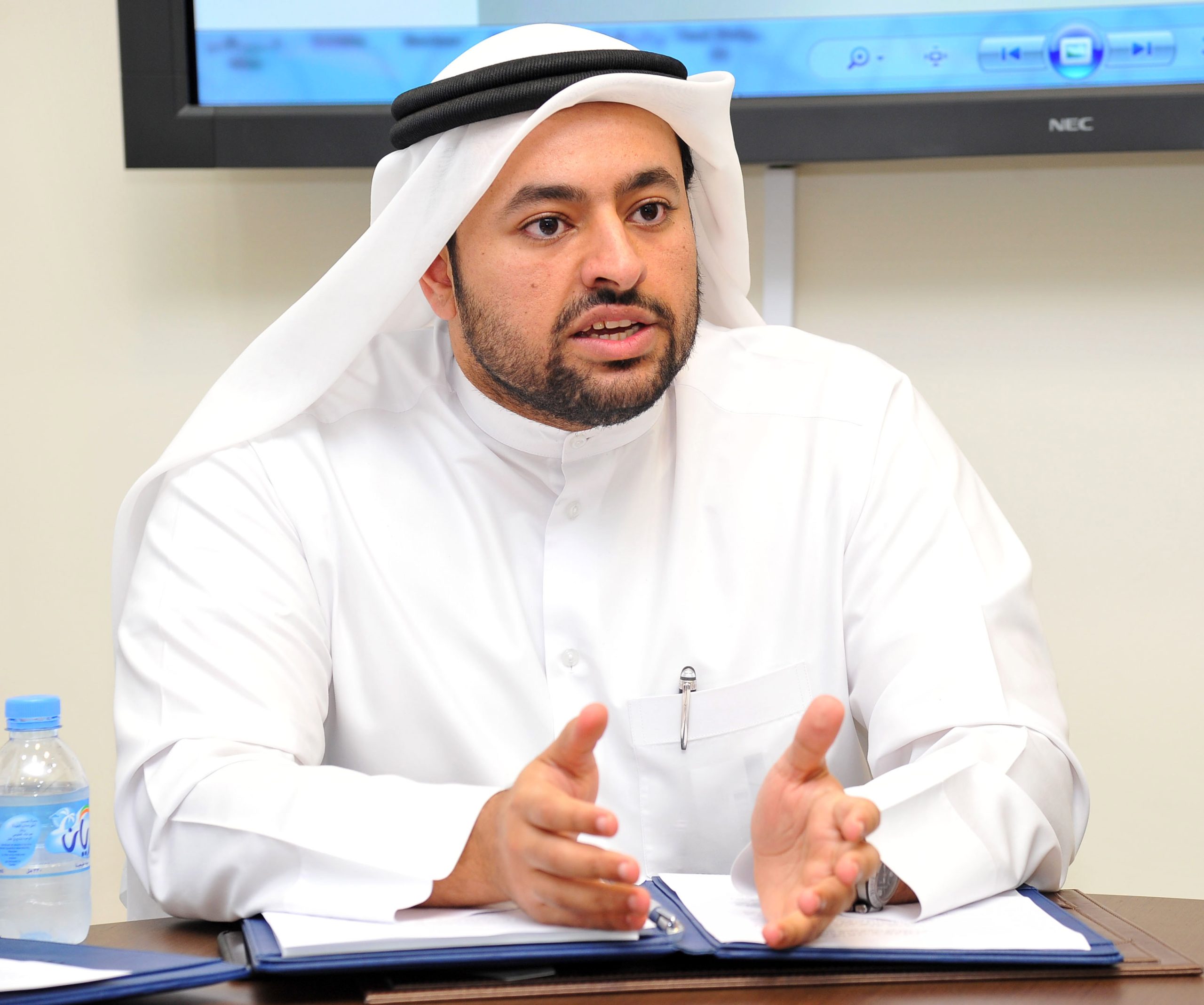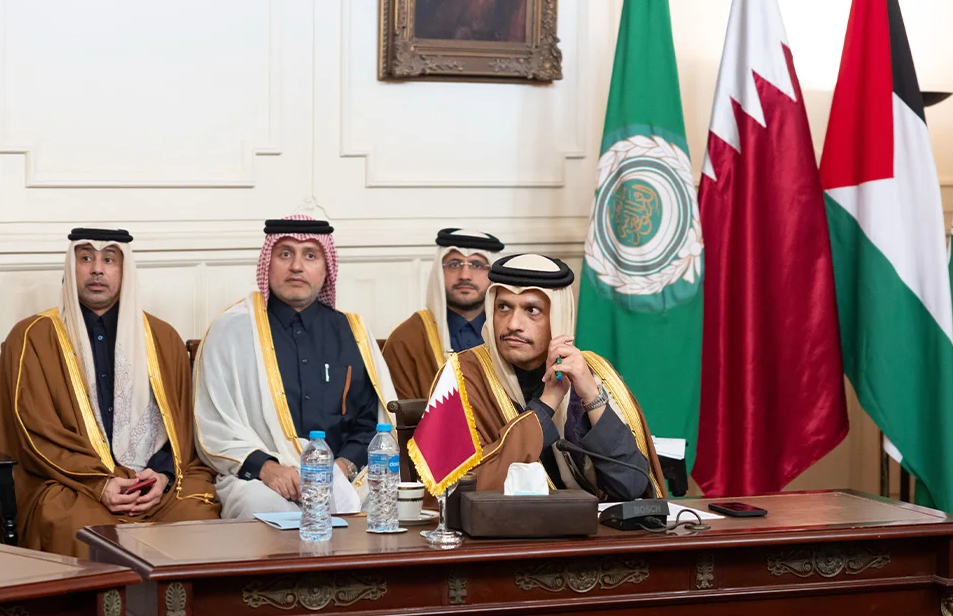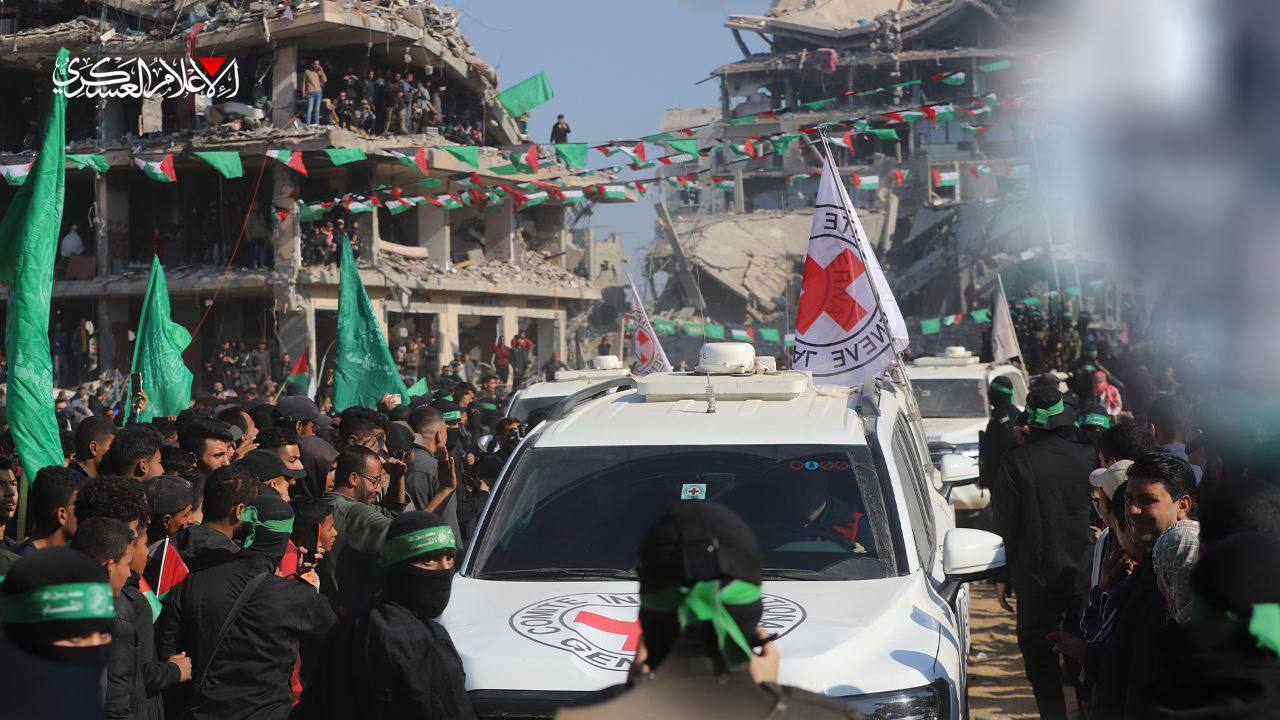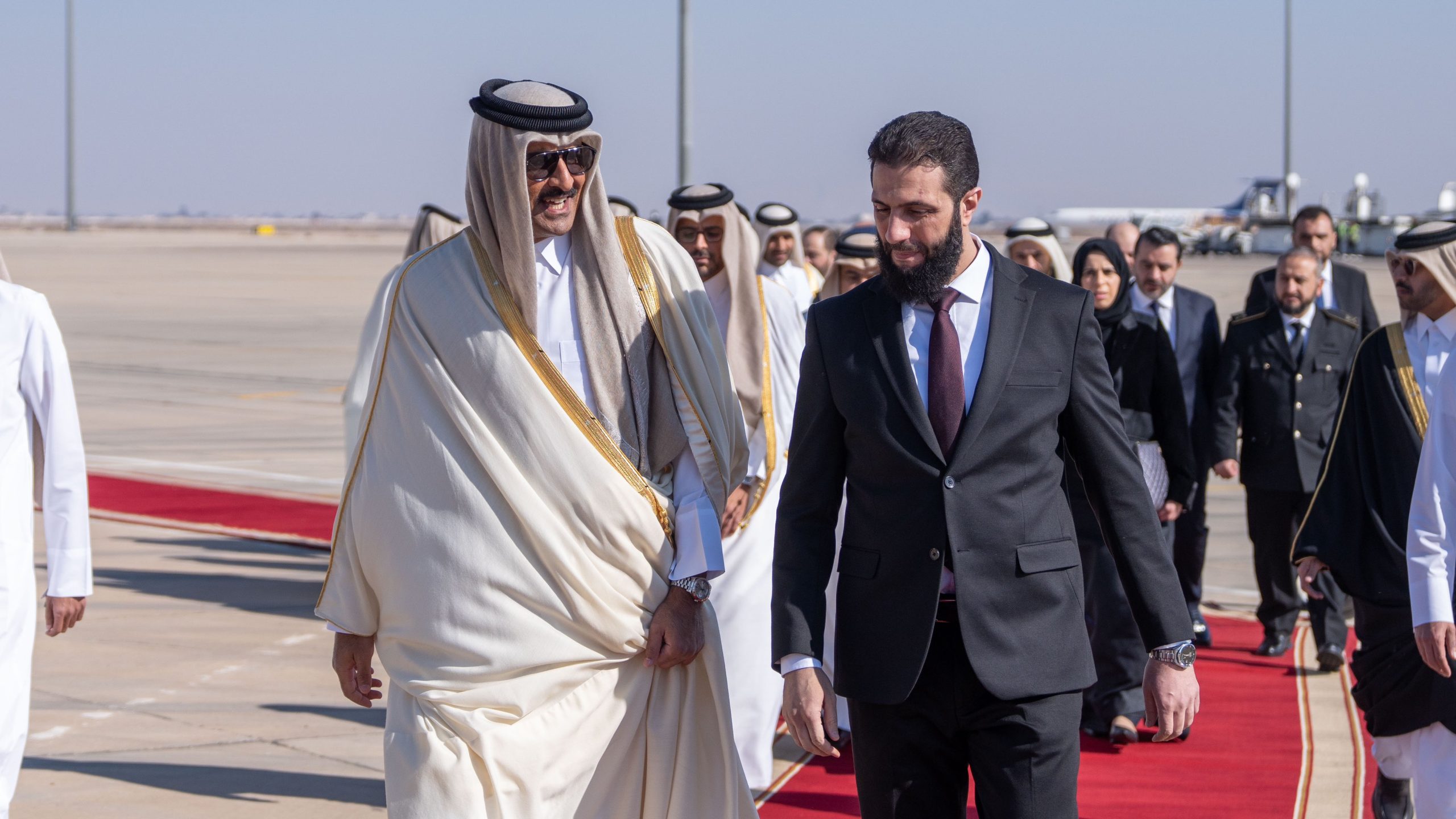The specter of genocide looms over Gaza, a survivor of the Bosnian genocide warns the world.
As a survivor of Srebrenica, I am compelled to speak out on the 29th commemoration of the Srebrenica genocide. We vowed “never again” in the wake of history’s gravest atrocities, yet today, the specter of genocide looms over Gaza. Srebrenica’s haunting legacy still reverberates—a stark reminder of our boundless capacity for inhumanity. In July 1995, within a supposed sanctuary, thousands fell victim to unfathomable brutality, their resting places mass graves. Their only crime was their Muslim identity, marking this as the gravest atrocity on European soil since World War II.
The ongoing genocide in Gaza, with lives lost or trapped beneath the debris, surpasses the
horrors witnessed in Srebrenica. Survivors of the systematic slaughter of over 8,000 Bosniak Muslim men and boys in a few days by Serb forces and their general Ratko Mladic, the chief architect of the Srebrenica genocide, understand the agony felt by the people of Gaza. We were both killed because of our Muslim identity.
The accumulative effects of Israel’s war on Gaza could mean the true death toll could reach more than 186,000 people, according to a study published in the journal The Lancet. The study pointed out that the death toll is higher because the official toll does not take into account thousands of the dead buried under rubble and indirect deaths due to destruction of health facilities, food distribution systems and other public infrastructure.
According to the Health Ministry in the battered enclave, 38,000 Palestinians have been killed in Israeli attacks on the Gaza Strip since October 7. A ministry statement added that at least 87,060 others have also been injured in the ongoing onslaught.
Srebrenica’s searing lesson
In 2009, the European Parliament declared July 11 as the official day of remembrance for the victims of Srebrenica. On this day each year, the world is called to honour the victims and survivors of this atrocity. Recently, the UN General Assembly adopted Resolution A/78/L.67/Rev.1, condemning any denial of the Srebrenica genocide and the glorification of war criminals.
Have we learned nothing from Srebrenica’s searing lesson, from our vow of “never again”? How much longer will the international community bear witness to the slaughter of innocents in Gaza? We, Bosnian Bosniaks, stand in solidarity with our brothers and sisters in Palestine. We know firsthand the agony of losing children and family members—thousands met their untimely end at the hands of Serb Forces in Srebrenica.
In this hour of peril, we stand on the precipice, fearing the repetition of history’s darkest chapter. The international community bears the weighty responsibility to intervene, to halt these brazen violations of international law before they escalate further. Time, that most precious of commodities, slips through our fingers like sand in the wind.
In Gaza, a once-thriving tapestry of life now lies in ruins. Communities, once vibrant, now stand as monuments to devastation. Their inhabitants, parched and desperate, bear the weight of a total blockade. Water, a cornerstone of human existence, is now a rare treasure. Families, resilient yet weary, dig makeshift wells along the coastline—a cruel metaphor for their fight for survival. Hospitals, the bastions of healing, teeter on the precipice of collapse. Their generators sputter, their fuel dwindles. Food stores, once bustling with life, now stand barren, their shelves stripped of sustenance. This grim reality strikes a chord with survivors of Srebrenica, who bear witness to the depths of human suffering.
The Israeli onslaught, marked by relentless barrages on densely populated residential areas, speaks volumes. It is a campaign of annihilation, indiscriminately targeting civilians. It eclipses any prior assault on Gaza in its toll on innocent lives. The blackout of fuel, electricity, water, and humanitarian aid paints a chilling tableau of a population teetering on the precipice of catastrophe.
As power wanes and resources dwindle, health facilities stare into the abyss of collapse. The UNRWA’s dire warning is a clarion call to action: without fuel, operations will grind to a halt. Contaminated water threatens a major epidemic, while overcrowded shelters breed disease. Women, children, and the most vulnerable among us face the specter of malnutrition and its associated afflictions.
The time for action is now. The international community must not waver in the face of this impending humanitarian catastrophe. Gaza stands at the precipice, its fate hanging in the balance.
The truth is on our side. International law is on our side. It is imperative to act now. The atrocities in Srebrenica should have taught us that silence and inaction in the face of genocide are tantamount to complicity. We cannot let history repeat itself. We must act with urgency and compassion to prevent another genocide from unfolding before our eyes.
Gaza is a cause for humanity
My story is not just a plea for Gaza; it is a plea for humanity. When genocide denial persists, as it does in the Balkans, it plants the seeds for future atrocities. We, the survivors of Srebrenica, are living testaments to the horrors of unchecked hatred and violence. We have seen what happens when the world turns a blind eye.
In Bosnia, the scars of genocide are still fresh. Every year, new graves are unearthed, and families like mine bury their loved ones once more. My uncles’ remains, found in multiple mass graves, are a stark reminder of the cruelty that can arise from ethnic hatred and indifference. The international community must not allow Gaza to become another Srebrenica.
Gaza’s plight is not just a Palestinian issue; it is a human issue. The blockade, the bombings, the deprivation—all these crimes against humanity demand a response. The world must uphold the principles of justice and human rights that we so often espouse.
In Potočari/Srebrenica, on July 11, fourteen identified victims of the Srebrenica genocide will be buried. Each year it’s more difficult because our genocide is still ongoing and many are still missing, yet to be found in mass graves. Many mothers did not live to bury their murdered loved ones because the perpetrators refuse to reveal the locations where they killed and hid their bodies. This is the 14th year we are burying our innocent dead, and every year it is fewer and fewer, because the killers continue to hide the bones of our loved ones whom they brutally murdered.
My message to the international community is clear as somebody who survived the Srebrenica genocide: I urge you to stop this ongoing slaughter and daily massacre of innocent civilians. Srebrenica yesterday, Gaza today. You are making the same grave mistake. Do not let the cries of the innocent go unheard. Act now, with resolve and compassion, to end the suffering and prevent further atrocities. History is watching, and we must ensure that the promise of “never again” is not just an empty slogan but a commitment to action and justice.
Vahid Suljic, who is a Senior Specialist of Alumni Engagement at Qatar Foundation Institutional Advancement, was just nine years old when he survived the Srebrenica genocide. This opinion piece by him does not necessarily reflect the views of Doha News, its editorial board, or staff.

